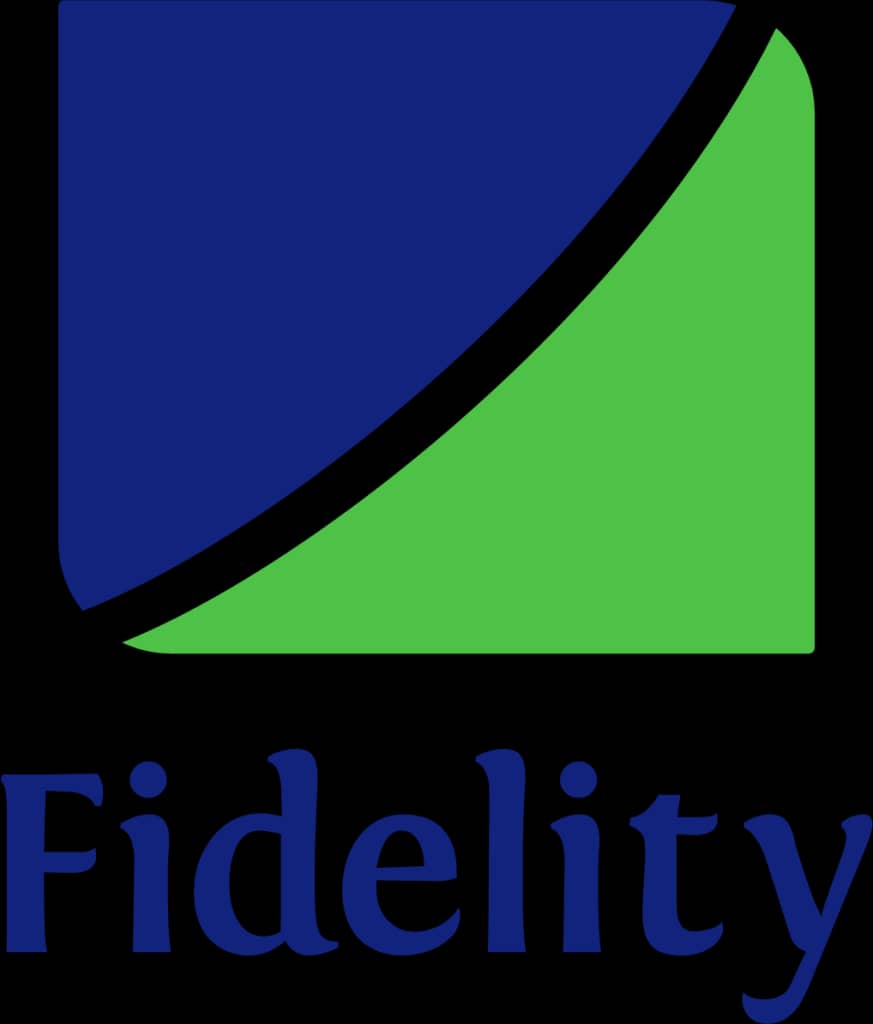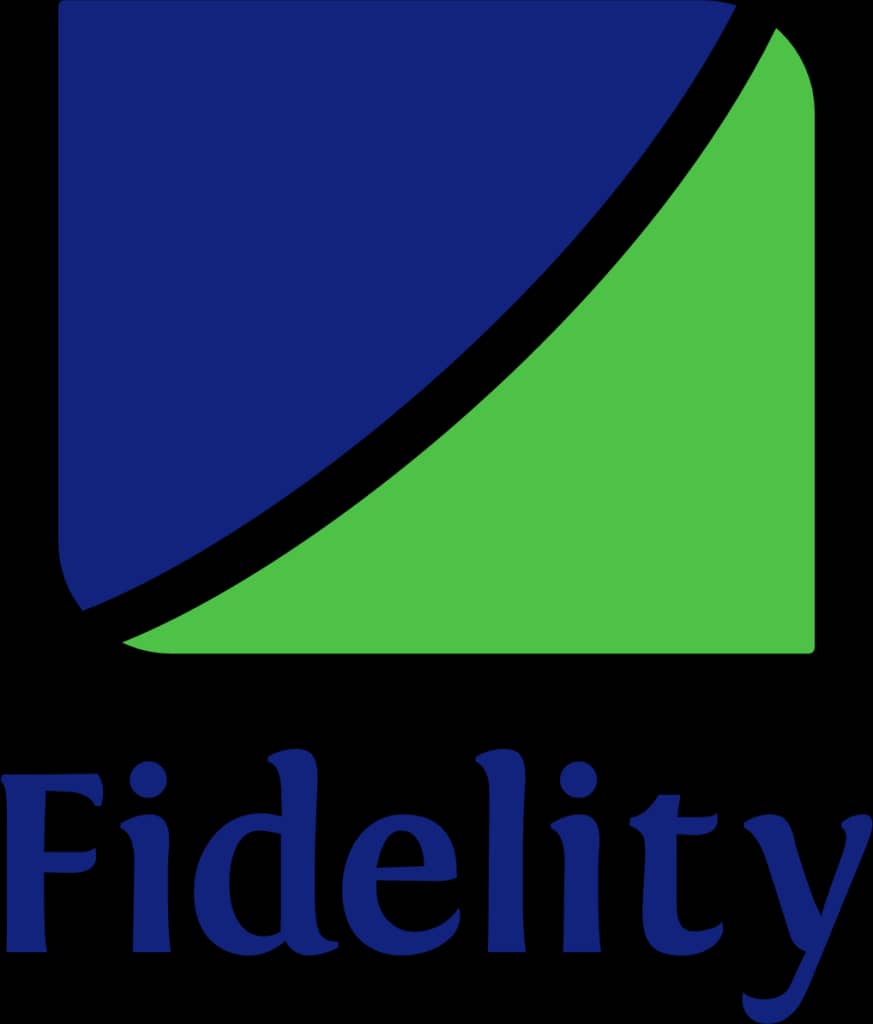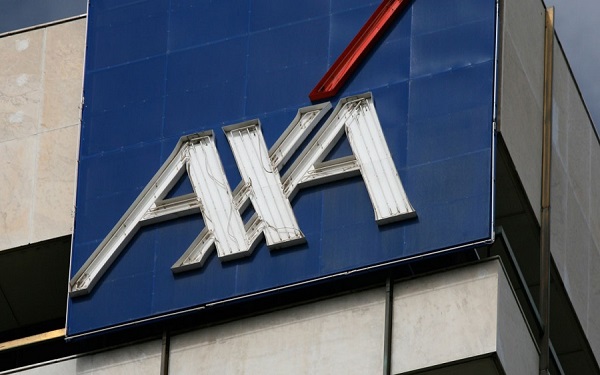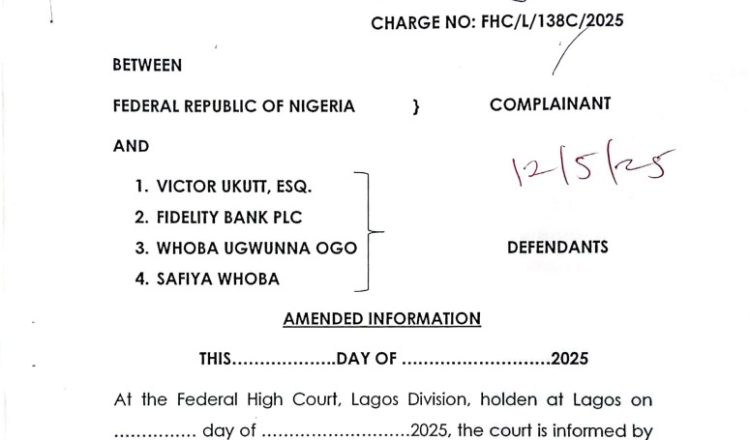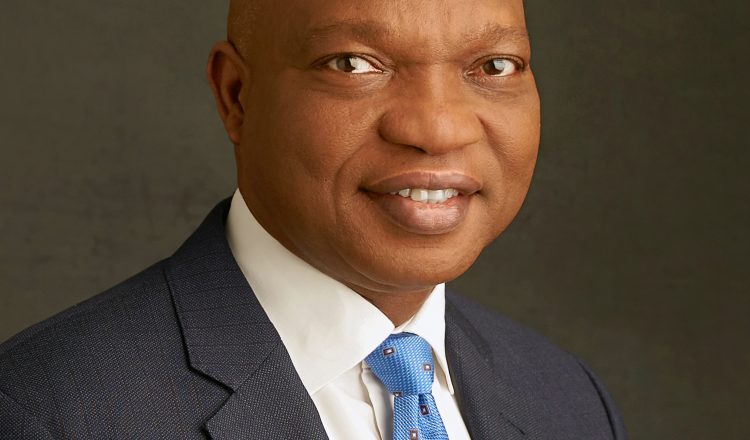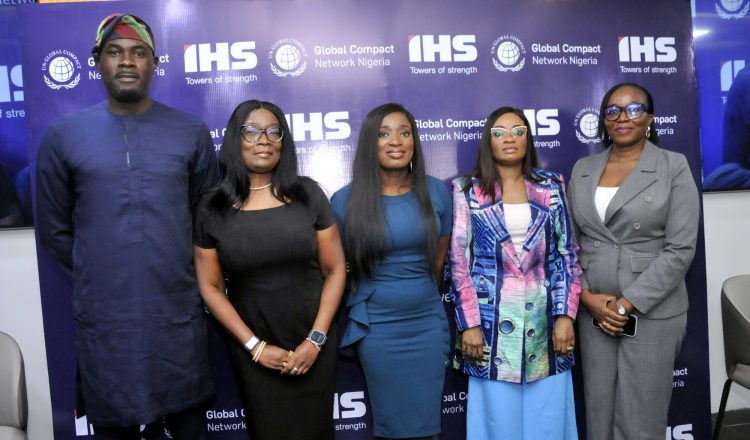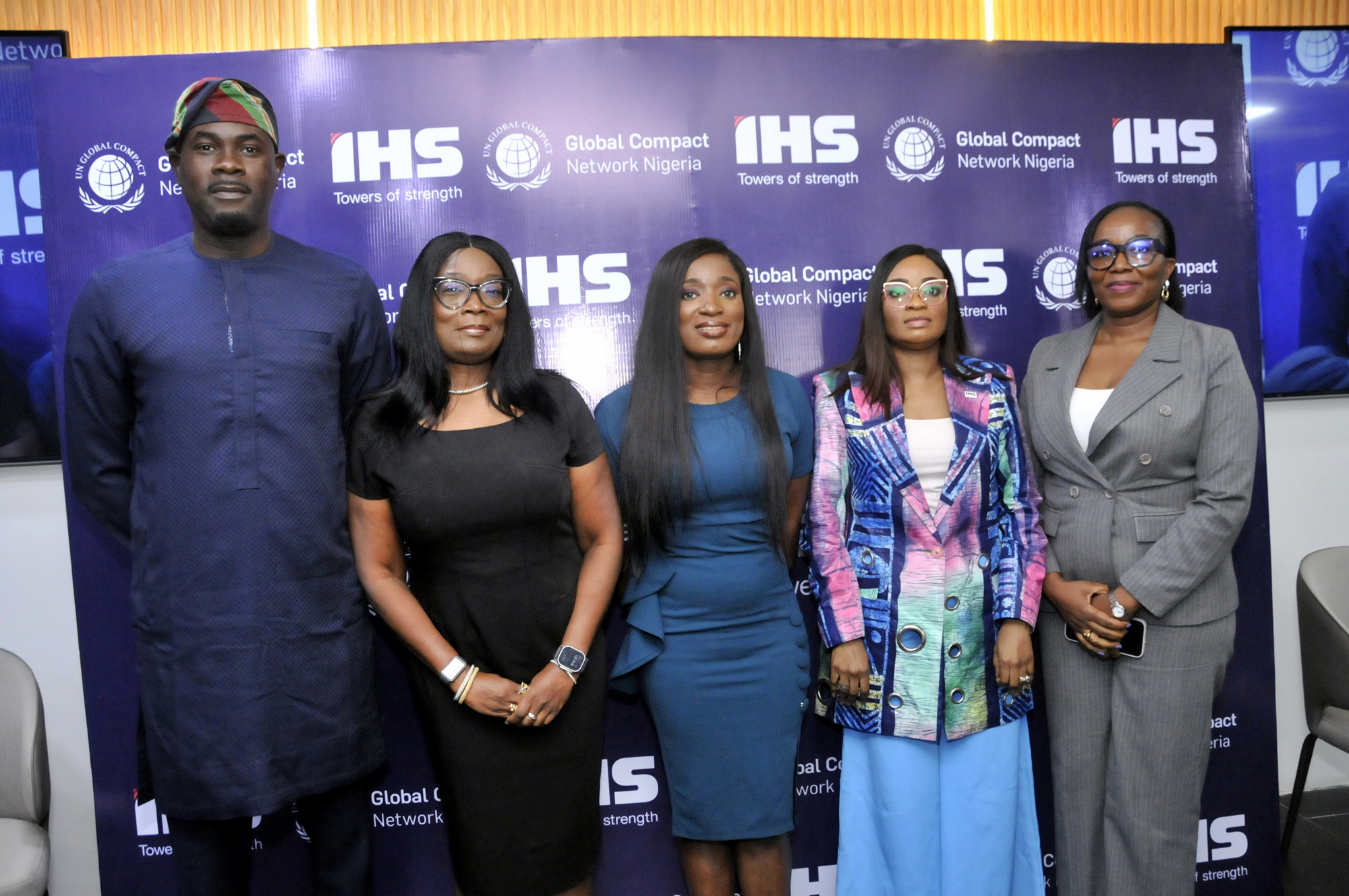By Amaka Obiefuna
As Nigeria continues to promote energy efficiency with natural gas as key driver to achieve her energy transition goals, key stakeholders in the sector would be discussing prospects of the country’s huge gas resources in actualizing set targets.
Other key agencies of government have also signified their acceptance to participate in the 2025 Oriental News Nigeria national conference where the Nigerian Liquified Natural Gas Limited (NLNG) as keynote speaker at the conference would highlight benefits of gas as the country’s transition energy source.
The conference will be chaired by former Power Minister and chairman of the indigenous power company, Geometric Power Limited (GPL).
STANMEG Communications, publishers of Oriental News Nigeria Online, one of Nigeria’s most influential Online platforms confirms NLNG as keynote speaker at its 2025 National Conference on Sustaining Gas Utilization Towards Achieving Nigeria’s Energy Security.
The main Theme of the conference is “Integrating Nigeria’s Gas Potentials Into Strategic Energy Transition Initiatives”
The conference is also focusing on key Sub Themes, which include
…..Enhancing Energy Security And Efficiency Through Effective Gas Utilization
……Evaluating Regulatory Frameworks for Sustainable CNG Adoption in Nigeria’s Transportation Industry
………. Building Local Content Synergy’ between the Insurance Industry and Oil and Gas Sector.
The event holds on 24th July, 2025 at Radisson Blu, GRA Ikeja Lagos at 9am.
Meeting Nigeria’s domestic energy needs remains one of the most significant challenges to sustainable development and economic growth. Only half of Nigeria’s 200 million citizens currently have access to energy, and with the population set to double by 2050 universal access is a huge challenge.
Nigeria has proposed to ramp up gas production, utilization and export, with the aims of supporting industrialization, boosting domestic energy supply (for power, cooking and transport), and increasing government revenues.
Whether ramping up gas utilization is feasible, or indeed the appropriate approach to achieving Nigeria’s energy supply and economic ambitions, is uncertain.
Every year Oriental News Nigeria, undoubtedly one of Nigeria’s most influential and reliable news channels brings stakeholders together to discuss pivotal topics around the economy.
Being the 4th in the series, the 2025 Oriental News Nigeria conference is bringing key industry figures, experts and policy analysts to evaluate various aspects of natural gas initiatives put together to drive the national economy.
Government is quite aware that what is certain is that global pressure to transition away to cleaner energies and defund fossil fuel projects complicates the process of realizing that goal and could lead to wasted investments that jeopardize the economic and energy security of Nigerians in the future.
But weak legal and regulatory frameworks, big infrastructure gaps, a non-cost-reflective pricing regime and host community conflicts have made the domestic gas sector uncompetitive and unattractive to investors. This, in turn, has left gas reserves underexploited, especially more expensive non-associated gas which represents half of Nigeria’s reserves.
Implementation of reforms by successive governments through the 2008 Gas Master Plan the (GMP), the 2017 National Gas Policy (NGP) and other instruments have proven slow. With the passage of the Petroleum Industry Act 2021, the legal, fiscal and regulatory framework of the gas sector has been strengthened with the creation of dedicated regulators, a dedicated minister, provision of third party access to infrastructure, and other improvements. But many gaps remain.
Thus the Decade of Gas Policy launched in 2021 to address the limitations to achieving domestic gas-based industrialization and economic prosperity, and reduce energy poverty, faces greater challenges.
Also, as a response to the high cost of petrol and the attendant rise in the cost of transportation, following the removal of fuel subsidy, President Bola Tinubu launched the Presidential CNG Initiative to provide a cheaper and cleaner energy source for Nigerians.
It is based on the above initiatives and pace setting policies that we have developed a theme and sub-themes to examine and evaluate those policies by key government agencies, including key stakeholders in the industry.
Apart from examining the role of gas initiatives boosting power sector growth, the sub-themes is evaluating the Compressed Natural Gas (CNG) as preferred fuel for the transport industry.
Road transport is the dominant mode of transportation in Nigeria, moving over 90% of internal goods and passengers across the country; hence it is the highest contributor to the nation’s GDP amongst other sub-sectors.
However, from all we could glean, road transport is predominant in the Nigerian transport sector. This entails an excessive use of internal combustion engine vehicles (ICEs), hence, an immense contribution to CO2 emission through the combustion of petroleum-based products like PMS, AGO and ATK; relatively small amounts of methane (CH4) and nitrous oxide (N2O) are emitted during fuel combustion, though.
The National Automotive Design and Development Council (NADDC) has revealed that Nigeria boasts of an estimated 11 million vehicles traversing its roads.
Globally, the transport sector is a major source of CO2 pollution in the atmosphere, with a global contribution of about 7.3 billion metric tons of carbon dioxide emission in 2020. About 20% of the global CO2 emission is contributed by Surface transport.
We reviewed the various sub-sectors of the Nigerian transport sector with their corresponding energy consumption rates. Results show that all the sub-sectors are solely dependent on fossil fuels to meet their energy demands and requirements, thus making the transport sector the highest consumer of fossil fuels, and consequently, the highest contributor to carbon footprint.
This necessitates the need for gradual decarbonisation of the sector, but not at the expense of the nation’s economy, since the transport sector contributes about 3% of the nation’s GDP.
During the conference there will be Panel Discussions on the following sub themes
1. Adaptation of Renewable Energy Policy and Gas Utilization Strategies In Power Generation Sector
2. Evaluating Decade of Gas Policy and Broad Spectrum of Gas Utilization Strategies
3. Reinforcing CNG, LPG Strategies in Addressing Emissions and Climate Impacts of Fossil Fuel Use in the Transport Industry.
4. Building Local Content Synergy’ between the Insurance Industry and Oil and Gas Sector.
The conference promises to be highly interactive and with such great collaboration and shared commitment of stakeholders the outcome will not only achieve the country’s objectives but also set a precedent for other nations to follow.
Yemisi Izuora
Publisher/Editor
Oriental News Nigeria
